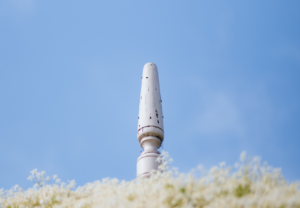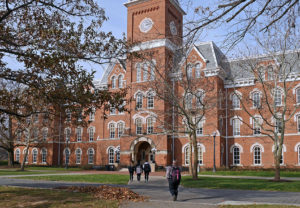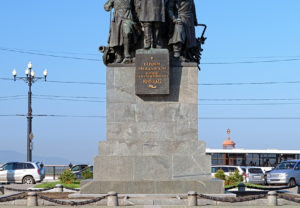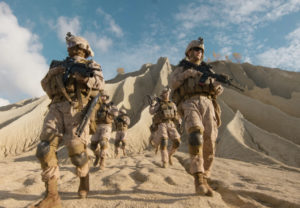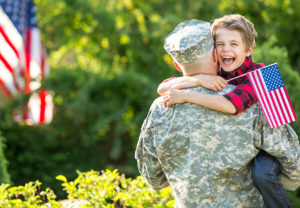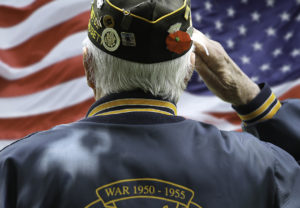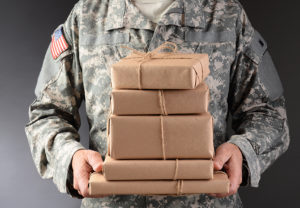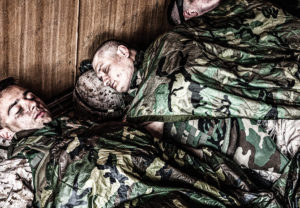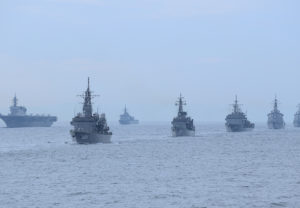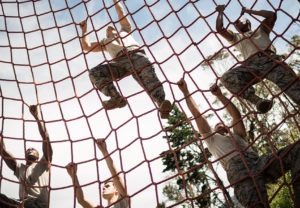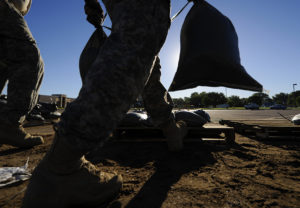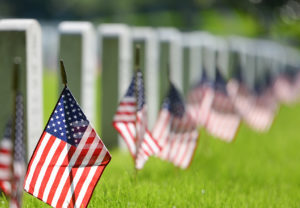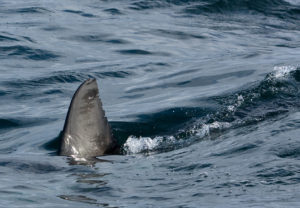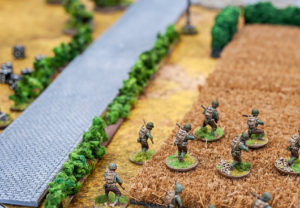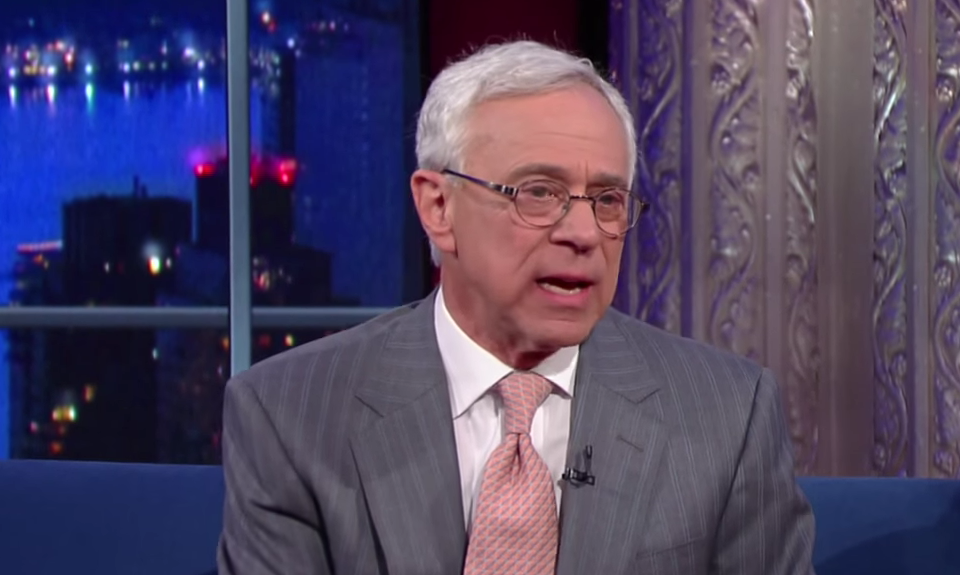“There’s an argument that says we ought to just shut up and forget about trying to unseat … bloodthirsty despots because in the past they’ve kept the place together.”
This is one of the arguments Colonel Jack Jacobs — a Medal of Honor recipient and retired United States Army officer — makes during his recent appearance on the Late Show with Stephen Colbert. It of course refers to the region where ISIS now thrives — Iraq and Syria.
Before the comedian asks the Vietnam War veteran about what he would do if he had control of the U.S. military, Jacobs paints a grim picture of just who our new enemy is and what they want.
“These are Sunni apocalyptic people waiting for the … not waiting for the end of the world, they’re hurdling toward it and they want to bring everybody with them,” he says.
So what would he do? For starters, he wouldn’t just drop bombs, because according to him, that tactic is only an appetizer to the main course of any war: ground troops. And, he says, in the case of Syria, many ground troops. Like about a quarter of a million. Not to mention, a whole helluva lot of time.
Jacobs received the Medal of Honor for actions he took while a soldier in Vietnam. This is a brief description of those incredible actions (via Wikipedia):
In his first deployment to Vietnam, Jacobs served as a first lieutenant with Military Assistance Command, Vietnam, in Kien Phong Province, part of the Mekong Delta region.[1][5] By March 9, 1968, he was working as the assistant battalion advisor for the ARVN’s 2nd Battalion, 16th Infantry Regiment, 9th Infantry Division. During a mission on that day, 2nd Battalion came under intense fire from an entrenched Viet Congforce. As Jacobs called in air support from his position with the leading company, the company commander was disabled and the unit became disorganized due to heavy casualties.[1]
Although wounded himself by mortar fragments to the head and arms, Jacobs took command of the company and ordered a withdrawal and the establishment of a defense line at a more secure position. Despite impaired vision caused by his injuries, he repeatedly ran across open rice paddies through heavy fire to evacuate the wounded, personally saving a fellow advisor, the wounded company commander, and twelve other allied soldiers. Three times during these trips he encountered Viet Cong squads, which he single-handedly dispersed. He was subsequently promoted to captainand awarded the Medal of Honor.[1] The medal was formally presented to him by President Richard Nixon.


